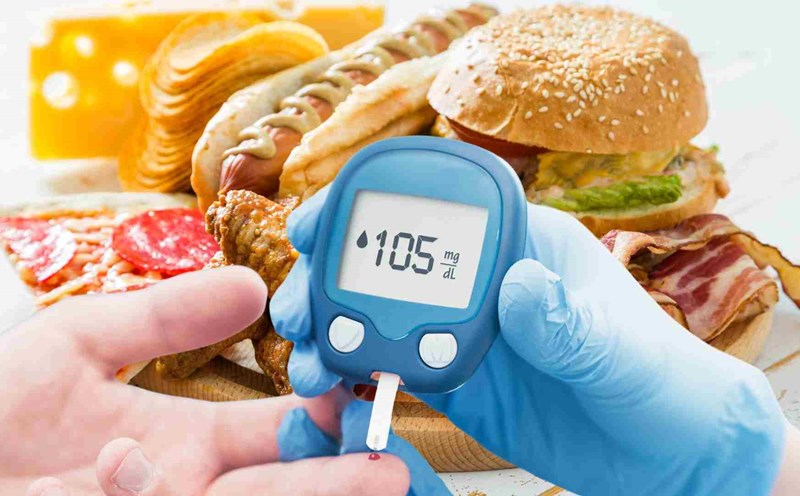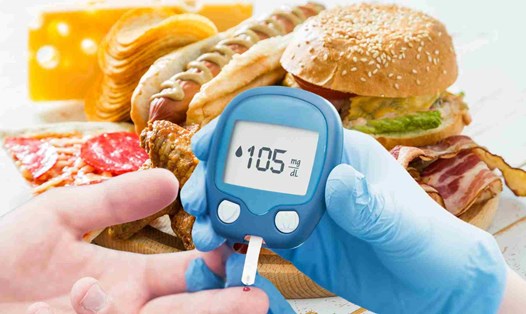Mechanism of action of soy protein on cholesterol
Dr. Richa Chaturvedi - endocrinologist at Indraprastha Apollo Hospital (India) - said that recent studies have found that soybeans help determine the ability to lower cholesterol.
LDL is bad cholesterol and if left unchecked, it can clog artery walls. This contributes to an increased risk of heart disease and stroke.
Soy foods are recommended because they can lower total cholesterol and slightly lower LDL because they contain less saturated fat than meat and also provide other beneficial nutrients, such as good fats (monounsaturated fats), vitamins, minerals and fiber…
Soybeans or soy products such as tofu, tempeh, and soybeans can be used as a substitute for fatty or processed meats.
Although the effect of soy protein on increasing good HDL cholesterol is not as strong as it is on LDL, some studies suggest that it may also contribute to improving good cholesterol levels in the body.
Additionally, soy protein may help reduce levels of triglycerides, a type of blood fat linked to heart disease risk.
The US Food and Drug Administration (FDA) also recognizes that consuming at least 25 grams of soy protein per day can help reduce the risk of cardiovascular disease.
Replacing some animal protein with soy protein in your daily diet can help lower your total cholesterol, LDL, and triglycerides without negatively affecting HDL cholesterol.
What is the ideal cholesterol level?
According to Dr. Richa Chaturvedi, cholesterol levels vary with age, weight, and gender.
The body produces more cholesterol over time, so doctors recommend that everyone age 20 and older have their cholesterol levels checked regularly, ideally every five years.
People age 20 and older should have their cholesterol levels checked every five years or more often if they have other risk factors for heart disease.
Anyone 19 years of age and younger should have an LDL below 120 mg/dL. Meanwhile, anyone 20 years of age and older should aim for an LDL below 130 mg/dL.
For best results, you can add soy protein to your daily diet, replacing some animal protein, and combining it with an overall healthy diet.











